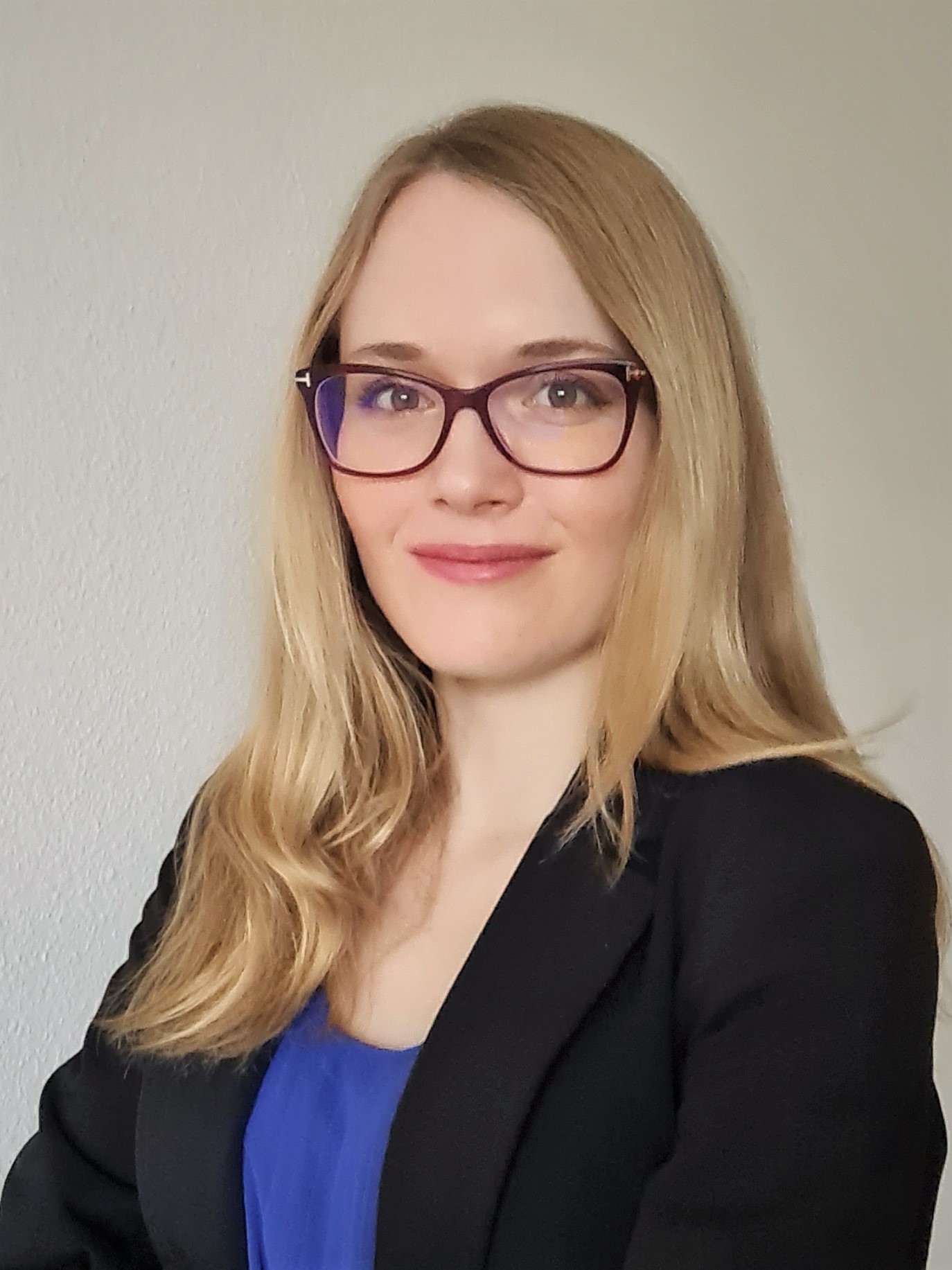
- This event has passed.
ESE Seminar: “High-Level Synthesis of Dynamically Scheduled Circuits”
March 4, 2021 at 11:00 AM - 12:00 PM
The slowdown in transistor scaling and the end of Moore’s law indicate a need to invest in new computing paradigms; specialized hardware devices, such as FPGAs and ASICs, are a promising solution as they can achieve high processing capabilities and energy efficiency. However, a major barrier to the global success of specialized computing is the difficulty of hardware design. High-level synthesis (HLS) tools generate digital hardware designs from high-level programming languages (e.g., C/C++) and promise to liberate designers from low-level hardware description details. Yet, HLS tools are still acceptable only for certain classes of applications and criticized for the difficulty of extracting the desired level of performance: generating good circuits still requires tedious code restructuring and hardware design expertise.
In this talk, I will present a new HLS methodology that produces dynamically scheduled, dataflow circuits out of C/C++ code; the resulting circuits achieve good performance out-of-the-box and realize behaviors that are beyond the capabilities of standard HLS tools. I will describe mathematical models to optimize the performance and area of the resulting circuits, as well as techniques to achieve characteristics that standard HLS cannot support, such as out-of-order memory accesses and speculative execution. These contributions redefine the HLS paradigm by introducing characteristics of modern superscalar processors to hardware designs; such behaviors are key for specialized computing to be successful in new contexts and broader application domains.

Lana Josipovic
Research Assistant, École Polytechnique Fédérale de Lausanne
Lana Josipović completed her PhD at Ecole Polytechnique Fédérale de Lausanne (EPFL), Switzerland, in 2020. Her research focuses on developing new high-level synthesis (HLS) techniques: the goal is to create hardware designs from high-level programming languages and to enable software developers to build efficient hardware accelerators. During her PhD, Lana interned at Xilinx, where she implemented the ideas of her PhD research into a new compiler targeting next-generation hardware platforms, and Microsoft Research, where she developed new HLS solutions for employing FPGAs in the cloud. She is a recipient of the Google PhD Fellowship in Systems and Networking, Google Women Techmakers Scholarship, Best Paper Award at FPGA’20, and Best Paper Award Nominations at FPGA’18 and CASES’17.
